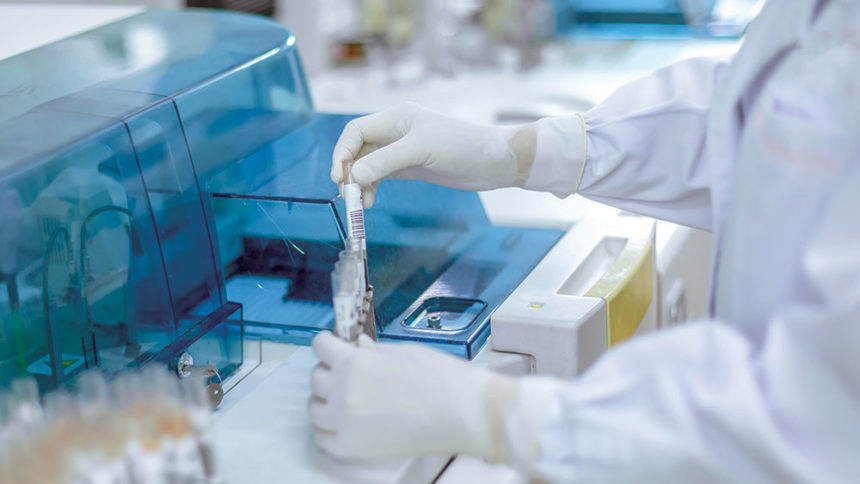
The global pandemic has tested virtually every aspect of frontline workers’ professional lives. It’s also challenging preconceived notions and assumptions about medications.
Early in March, experts warned providers against hoarding “common” medications such as IV fluids and end-of-life drugs while facing shortages and doubts over lifesaving treatments like hydroxychloroquine and azithromycin.
As fall approached, doctors and caregivers were still in largely uncharted waters. Even as hydroxychloroquine was permitted in certain states, “There haven’t been definitive reports of its efficacy or lack of efficacy at this point,” said Chad Worz, PharmD, BCGP, CEO of the American Society of Consultant Pharmacists.
Meanwhile, facilities still await approval of antiviral drugs like Remdesivir, which have been restricted to hospitals and are administered intravenously.
None of this is cheap. On the heels of its federal emergency use authorization in May, the drug’s maker, Gilead Sciences, announced that Remdesivir will cost Medicare $2,340 for a five-day course. Worz said the medication may likely be used to help reduce the length and severity of COVID-19.
Waiting on the vaccine
Meanwhile, when a COVID-19 vaccine will be available remains unclear.
T.J. Griffin, senior vice president, LTC Operations and chief pharmacy officer for PharMerica, said all but one vaccine developer could produce two-dose applications either 21 or 28 days apart, raising critical timing issues. Long-term care residents will be prioritized. Worz said ASCP was asked to provide a representative on Operation Time Warp (Griffin).
William Mills, M.D., senior vice president for Medical Affairs, BrightSpring Health Services, was optimistic.
“With multiple COVID-19 Phase III clinical trials now underway, I think it is a time to be very hopeful that more than one safe and effective vaccine will emerge in the next several months, he said. “Until then, we all need to do our very best to maintain nonpharmacologic mitigation measures.”
From the October 2020 Issue of McKnight's Long-Term Care News




